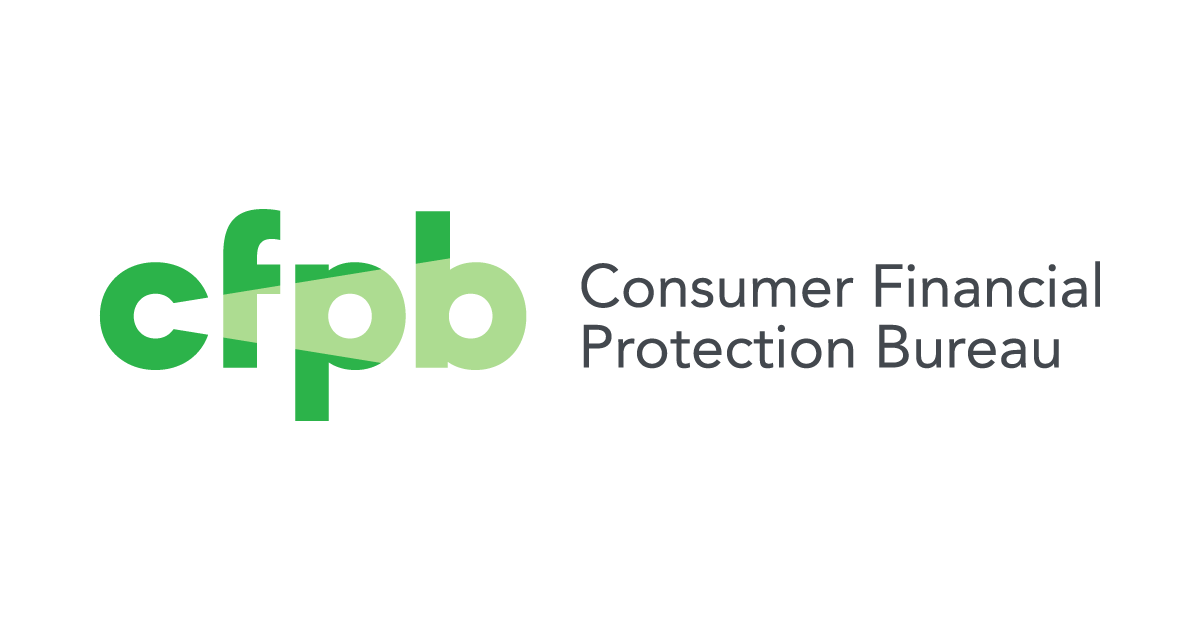Approximately 26 million people in the U.S. speak English less than “very well” and are considered to have limited English proficiency. To better understand how financial institutions are serving consumers in languages other than English, the CFPB recently engaged with industry associations, financial services providers, and other stakeholders. Through this engagement, we observed increasing recognition that consumers with limited English proficiency are an underserved market. Stakeholders described growing momentum for incorporating multilingual strategies in the financial services industry, largely driven by business considerations.
Though the scale and scope of language services programs vary, the CFPB identified a diverse range of financial institutions that have developed approaches to communicate with consumers in their preferred language. At the same time, the CFPB has also observed ongoing challenges for consumers with limited English proficiency, underscoring the need for continuing efforts to expand communication and customer service in languages other than English.
Financial institutions are increasingly serving consumers in languages other than English
While current practices for serving consumers in languages other than English vary, financial institutions told us that they have had success with the following approaches.
- First, financial institutions generally cite a business rationale for investing in multilingual services, such as reaching new customer populations, better serving existing clientele, and connecting specific consumer populations with products tailored to their needs. For example, one national bank with a mature language services program attributed its investments to a strategy focused on expanding services in underserved markets and pursuing business opportunities presented by demographic change in customer populations. In another example, a regional bank serving a very small population of consumers with limited English proficiency nevertheless identified the need to develop a formal language services program as it grew in size, making its previously informal methods of communicating with consumers in languages other than English impracticable.
- Second, financial institutions have launched and expanded their multilingual services in phases. Offering multilingual services can be expensive and involves operational, technological, programmatic, and legal coordination. Several financial institutions described starting to offer multilingual services in a limited fashion and then adding capacity as their programs matured. Examples of expanding language services included adding new product lines, adding written translation capacity, and adding new forms of multilingual content, including marketing and informational materials, certain translated agreements, disclosures, servicing materials, and digital platforms. Stakeholders also described the benefits of creating an internal working group or centralized team that includes compliance expertise to facilitate coordination. Generally, financial institutions expressed varying levels of familiarity and comfort when working with third-party vendors to produce translated content. Some expressed a preference for generating content in-house.
- Third, financial institutions identified bilingual personnel as crucial for effective engagement with consumers with limited English proficiency. Providers with newer language services programs described starting with the hiring of bilingual staff at branches and call centers, as well as contracting with a third-party language services vendor for oral interpretation. Many institutions consider these resources particularly effective for customer engagement and relationship banking, by allowing financial institutions to provide individualized assistance. Many explained that bilingual staff, and to a lesser extent oral interpretation services, also offered “more bang for the buck” than translating documents or other written content. Mission-driven community banks and credit unions serving a significant population of consumers with limited English proficiency also described the importance of experienced, trained bilingual personnel for customer service and building trust and community relationships.
How this market evolution impacts consumers
The increasing availability of multilingual communications supports a more competitive market benefitting consumers. Recent research has assessed the impact of language barriers in mortgage markets, and, for example, has shown that reducing “language friction” has the effect of streamlining the application process, lowering costs for borrowers, and expanding their access to credit. More consistent availability of language services can also help increase consumer understanding, help consumers address and resolve problems during the origination process and in the servicing of existing financial products, and help protect consumers’ rights and interests in credit reporting and debt collection.
At the same time, not all players in the market have acted responsibly when it comes to consumers with limited English proficiency. Some irresponsible entities have used in-language marketing or other customer acquisition tactics to target these populations, while taking advantage of language barriers to bury key costs, terms, and details provided only in English. The CFPB has taken a number of recent actions to address the exploitation of consumers’ limited proficiency in English to market high-cost or set-up-to-fail products, as have State Attorneys General in Minnesota , Texas , and Arkansas . Stakeholders have also identified concerning practices affecting consumers with limited English proficiency in certain industries, including in auto lending and solar panel and other “green” product financing.
We welcome consumers, service providers, community groups, and other stakeholders to share their story about experiences with language barriers in consumer finance. Those with problems related to a consumer financial product can submit a complaint online or over the phone at (855) 411-2372. More than 180 languages are available by phone.

